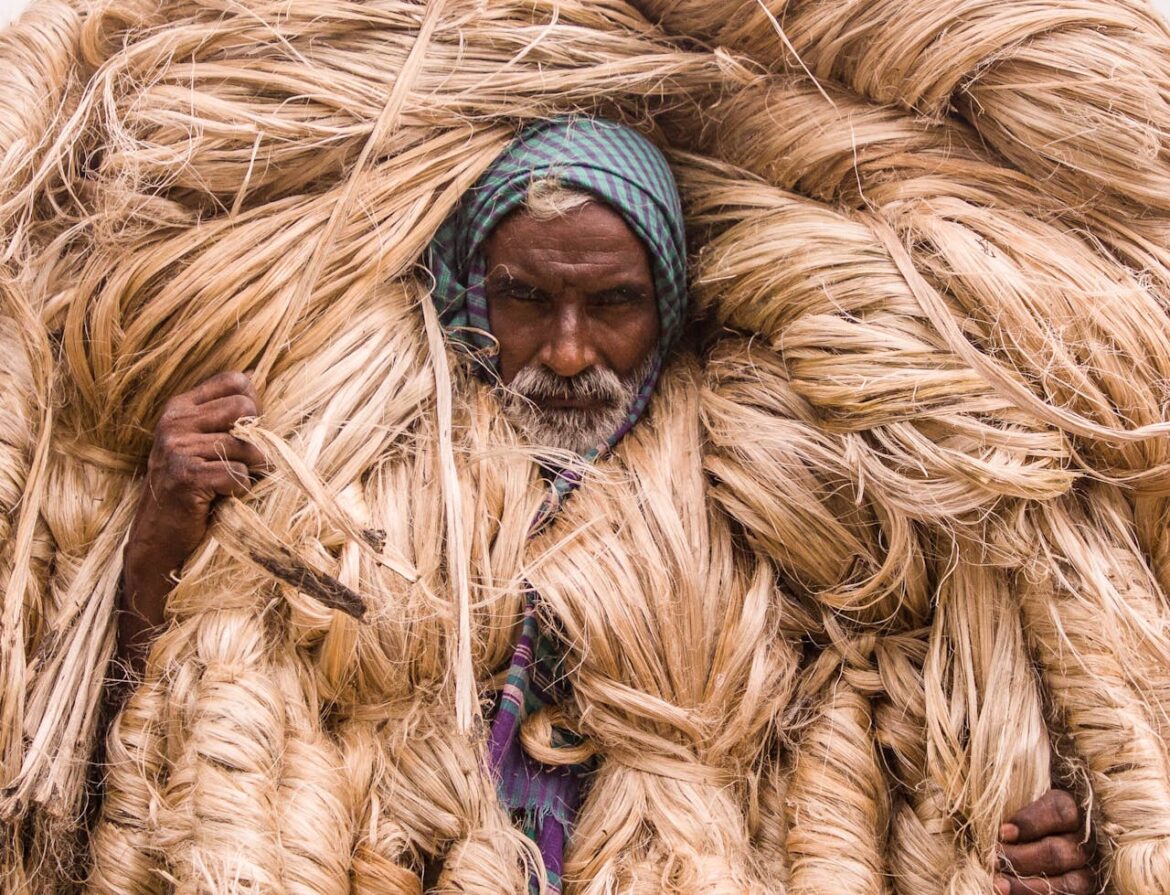The government of Bangladesh has reinstated export fees on jute and jute products, a policy shift aimed at ensuring stable revenue collection and sustainable development of the country’s traditional jute sector. This move comes after a temporary suspension of the fees that was initially introduced to boost exports during challenging global market conditions. According to the new policy, exporters of raw jute and certain jute goods will now be required to pay a fixed export fee per metric ton. The Ministry of Finance issued the directive following consultations with relevant industry stakeholders, including exporters, manufacturers, and trade analysts. The reinstatement is expected to standardize the export framework and align it with the government’s broader revenue strategies. Jute, often referred to as the “golden fiber” of Bangladesh, has long been a major agricultural and industrial product, providing livelihoods for millions of farmers, factory workers, and traders. While Bangladesh remains one of the world’s top jute producers and exporters, fluctuating prices and global demand have created both opportunities and challenges for the sector. Industry insiders believe the reintroduction of export fees will not have a major negative impact on trade, especially if the global market continues to value eco-friendly and sustainable materials like jute. In fact, the government aims to use the collected fees to fund jute sector development, quality improvement, and better marketing of Bangladeshi jute products abroad. Exporters, while expressing cautious optimism, have requested transparency and accountability in how the fees are utilized. They have also called for modernized processing facilities, research support, and incentives to help them remain competitive in global markets, particularly against synthetic substitutes. Economists point out that the timing of the policy is important. Global interest in biodegradable packaging and natural fibers has risen, offering an opportunity for Bangladesh to reposition itself as a leader in green exports. With rising concerns over plastic pollution, jute-based alternatives are regaining international attention. The government’s decision is seen as a balancing act — maintaining export momentum while also creating a funding mechanism for long-term industry support. Analysts suggest that if implemented with stakeholder collaboration, the reinstated export fees can be a step toward a more resilient, innovative, and profitable jute sector. Looking forward, Bangladesh’s ability to maintain its position in the global jute market will depend on smart policymaking, strategic investment, and the effective use of revenues collected through such export fees.
Government Reintroduces Jute Export Fees to Balance Trade and Revenue
50


